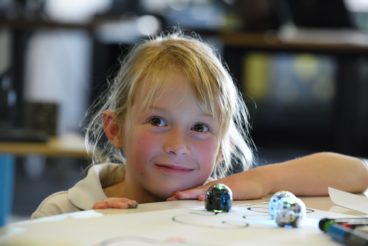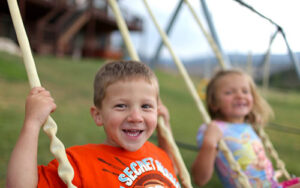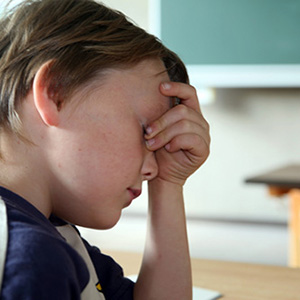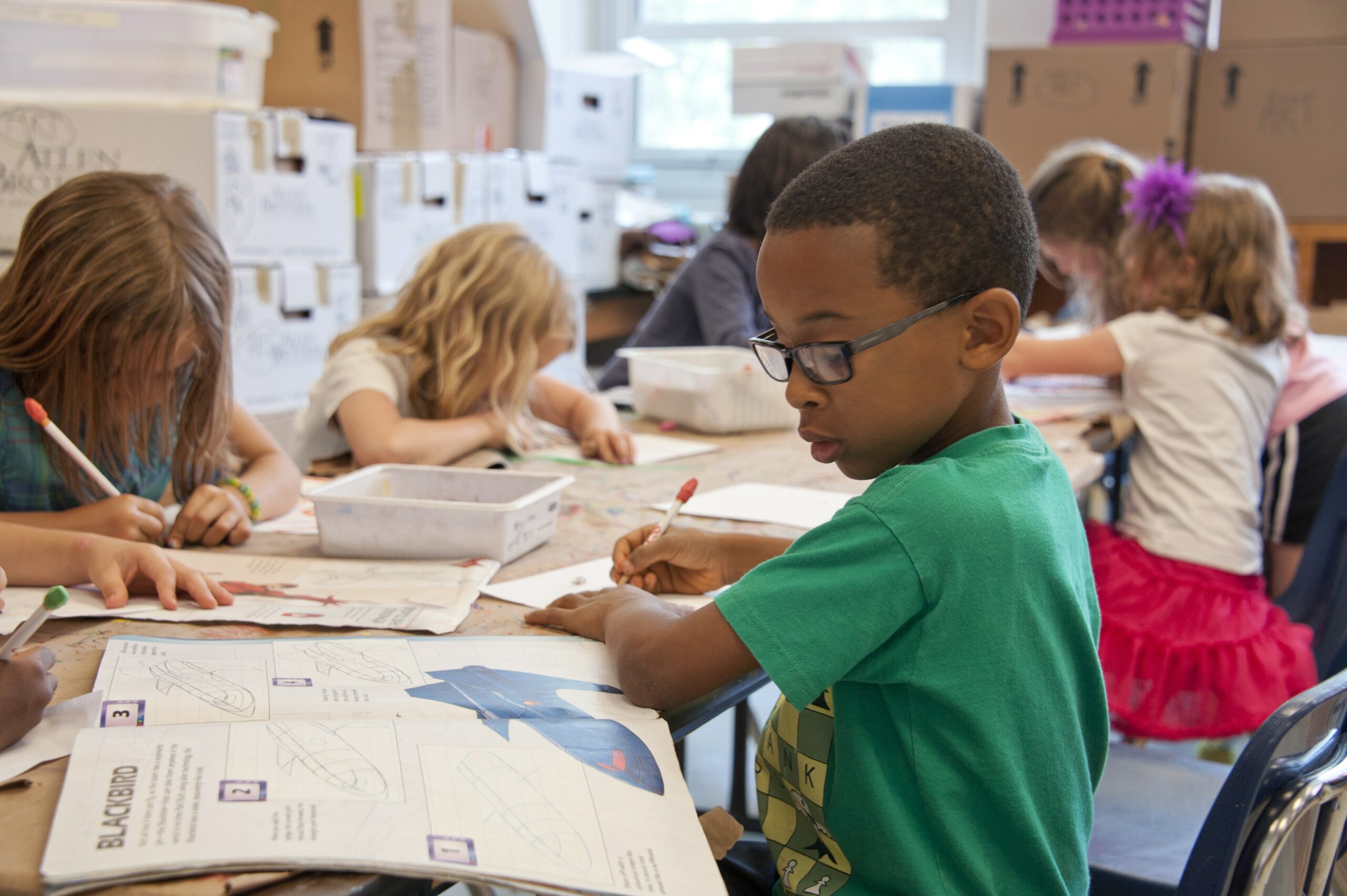
Uncategorized
Helping a Gifted and Talented Child Through Their Emotional Ups and Downs
Being a parent of a Gifted and Talented (GT) child can be both exciting and frustrating at times. As parents we beam with pride and

Being a parent of a Gifted and Talented (GT) child can be both exciting and frustrating at times. As parents we beam with pride and

With the holidays comes family, fun, and gifts! There’s no better time of year to each a child (and adults) the importance of gratitude beyond




Join our community to get the latest tips, exclusive offers, and updates straight to your inbox. Don’t miss out—subscribe now and be the first to know!